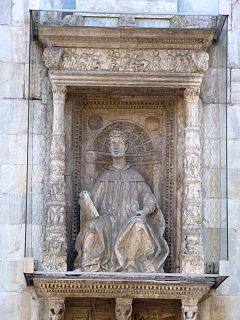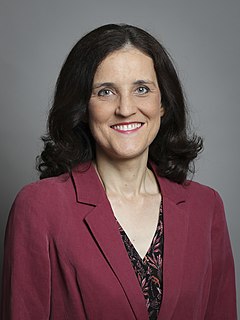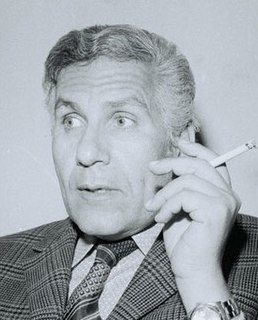A Quote by Edward Gibbon
We stand in need of such reflections to comfort us for the loss of some illustrious characters, which in our eyes might have seemed the most worthy of the heavenly present. The names of Seneca, of the elder and the younger Pliny, of Tacitus, of Plutarch, of Galen, of the slave Epictetus, and of the emperor Marcus Antoninus, adorn the age in which they flourished, and exalt the dignity of human natures.
Related Quotes
Why, Sir, when I have anything to invent, I never trouble my head about it, as other men do; but presently turn over this Book, and there I have, at one view, all that Perseus , Montaigne , Seneca 's Tragedies , Horace , Juvenal , Claudian, Pliny , Plutarch 's lives , and the rest, have ever thought upon this subject: and so, in a trice, by leaving out a few words, or putting in others of my own, the business is done.
In a revolutionary age talk of equality may well have represented a passion to provide full human dignity to those who had previously been denied it by systems of political and economic domination; but in the present age it softens the spiritual requirements that are an essential ingredient in human dignity. Thus the slogans of equality serve not so much to elevate individuals to the dignity of being human as to free them from the responsibility of rising to this vocation.
Government ought to be as much open to improvement as anything which appertains to man, instead of which it has been monopolized from age to age, by the most ignorant and vicious of the human race. Need we any other proof of their wretched management, than the excess of debts and taxes with which every nation groans, and the quarrels into which they have precipitated the world?"
In our own times, you see, an emperor came to the city of Rome, where there's the temple of an emperor, where there's a fisherman's tomb. And so that pious and Christian emperor, wishing to beg for health, for salvation from the Lord, did not proceed to the temple of a proud emperor, but to the tomb of a fisherman, where he could imitate that fisherman in humility, so that he, being thus approached, might then obtain something from the Lord, which a haughty emperor would be quite unable to earn.







































